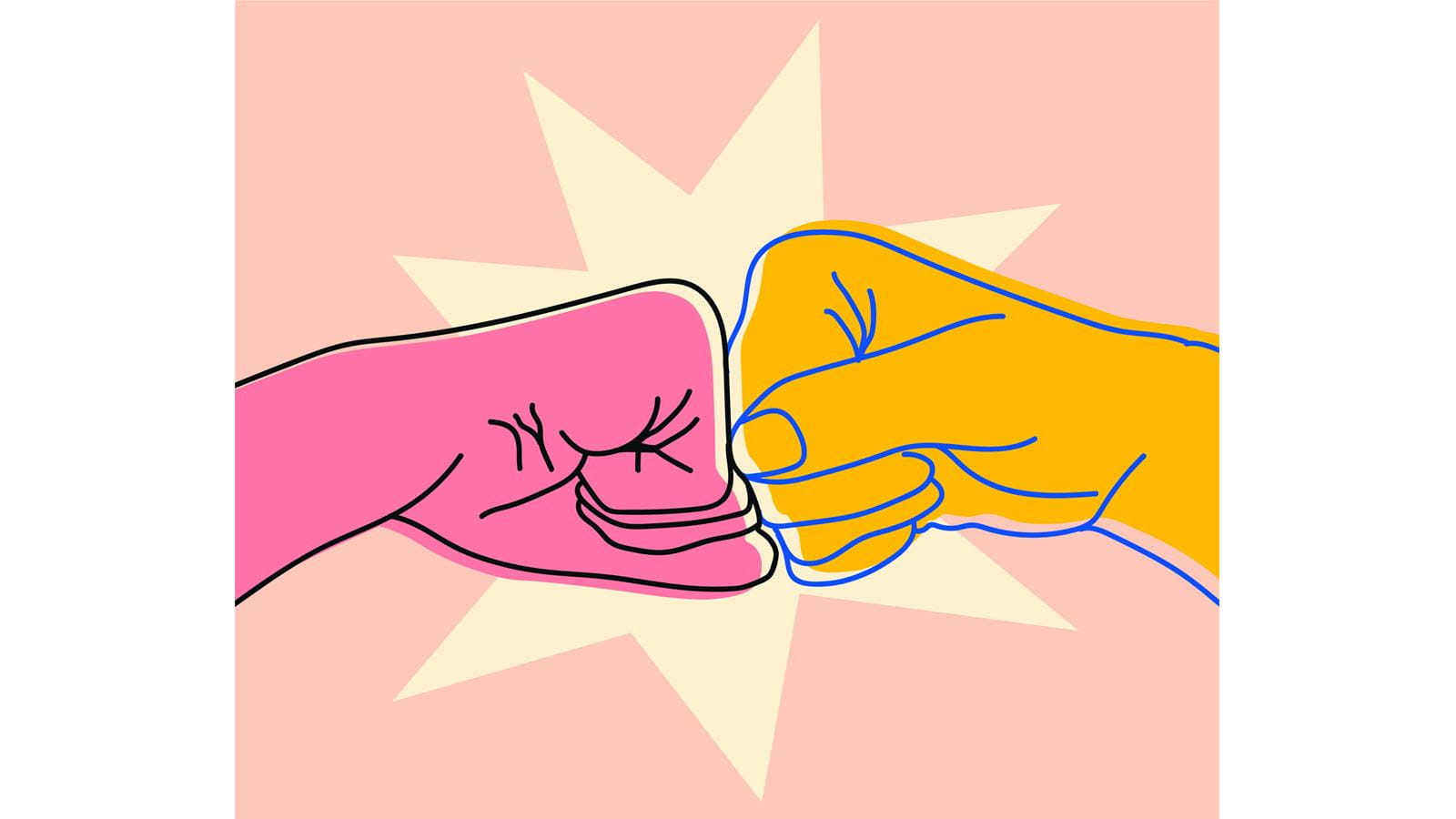A true friend always has your back. In rare and serious disease communities, the buddy system can help keep people physically and emotionally well.
A designated buddy could be someone who shares the same rare disease. Or it could be someone who feels a connection to the disorder and knows a great deal about it.
“Having a buddy helps patients understand their condition better and know what to expect during different steps in their treatment. Sharing tips, advice, experience and personal stories are critical in coping with a rare disease,” said Sean Marchese, a registered nurse with a background in clinical trials.
Research has found that many people seek peers online to understand health issues. Thirty-nine percent of young people, age 14 to 22, said they looked for an online health peer who shares their medical condition or concerns, according to a survey by Hopelab and the Well Being Trust.
In the rare disease community, it can be hard to find a fellow patient who lives in your town. Online or in person, the relationship can be structured any way that works for the two of you. You might decide to touch base every day as a check in. Your buddy could even be part of a telemedicine medical visit, with your permission. You might help each other with day-to-day tasks. And you can reach out to each other at times when you are not feeling well.
You also can encourage one another to maintain healthy habits on exercise, meditation, diet, and quality of life improvements that are unique to their illness. Having an “accountability buddy” can help people stay on track with health goals, like weight control. We don’t want to let our friends down.
Dr. Kate Truitt, a licensed clinical psychologist, noted that many people in the rare disease community feel isolated. They are surrounded by neighbors, colleagues, and others who know little or nothing about their illnesses, their treatments, or what it’s like to live with a rare disorder.
“Having a buddy sidesteps these very concerns because someone who is navigating a similar experience has a different world view and a true experience of empathy. Having a community, or even just one buddy, who ‘gets it’ creates a sense of connection and safety,” she said.
Those bonds of friendship are evident at patient advocacy group conferences and when CSL Behring gathers its patient advocates for annual summits.
Patient advocacy groups are a good place to look for a prospective buddy. Before you reach out, decide what you are looking for. Are you looking for someone to hold you accountable or someone to share your challenges and achievements? Is a virtual friendship OK?
Truitt said peer-to-peer relationships can have a significant positive impact on quality of life.
“We are attachment-based organisms and need one another to not just survive but to thrive,” she said.



